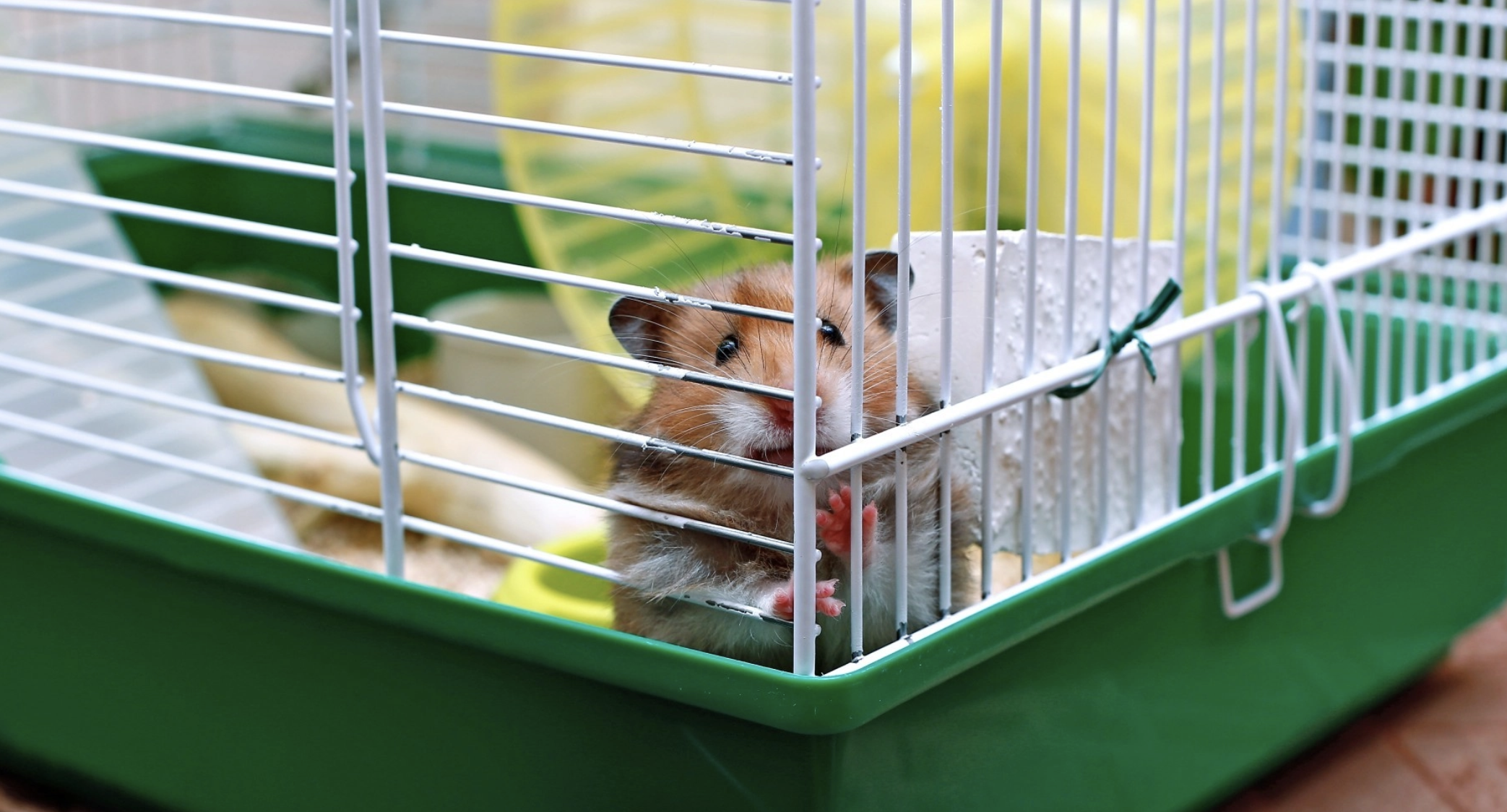
“Adopt, Don’t Shop” Shouldn’t Have Exceptions
Adoption Saves Lives
PetSmart has helped millions of dogs, cats, and other animals find loving homes.
But what about the animals still being sold in their stores? It doesn’t make sense to stand for rescuing some animals through adoption while treating others like products to be sold for profit.
We know PetSmart employees care deeply about the animals they care for and want the best for them. Ending all animal sales and switching to an adoption-only model is good for animals, employees, and customers.
Selling Any Animals Means More Animals End Up in Shelters or Abandoned
The sale of animals means more animals end up in shelters, which stands in opposition to PetSmart Charities’ work to support shelters, rescues, and adoption.
MSPCA-Angell, a large shelter in Boston, reported that one in four people taking small animals or birds to the shelter said they bought them at a pet store.
- Wild animals like turtles are often mis-marketed as low-maintenance or “beginner pets” who are good for children. In reality, these animals often require complicated care—sometimes for decades—meaning even more people eventually give them up.
- Some people who no longer want to care for a wild animal just release them outdoors. Some animals die painfully while others start breeding and competing with native wild animals for food and shelter—hurting biodiversity.

Most Animals Sold in Stores Come from Cruel Commercial Breeding Facilities
Virtually all animals sold in pet stores, including birds, reptiles, and hamsters, come from large commercial breeding facilities that produce as many animals as cheaply as possible. In these facilities:
- Injuries and illness are often ignored.
- Animals may be forced to fight for limited food and water.
- Severe overcrowding is common.
- Animals like lizards and turtles have been found packed into dirty plastic bins and denied water.
- Sick and severely injured animals may be ignored, starve, or be gassed or frozen to death.
As a result of the poor conditions, some animals, especially fish, arrive at stores dead or sick.
Advocating for Change
Speaking up at work can be intimidating and even risky. Here are two resources to get the conversation going and make a positive difference:
- A simple guide to talking about workplace issues with your coworkers
- Read how employees are advocating for stronger climate change policies at work
Learn more about the issue by watching our webinar, The Smallest Victims of the Wildlife Trade: Ending the Sale of Wild Animals in Pet Stores
We want to hear your thoughts. If you’re interested, please fill out this contact form to speak with someone at World Animal Protection. Your confidentiality will be strictly respected. You can also submit the form anonymously and leave your contact information blank.